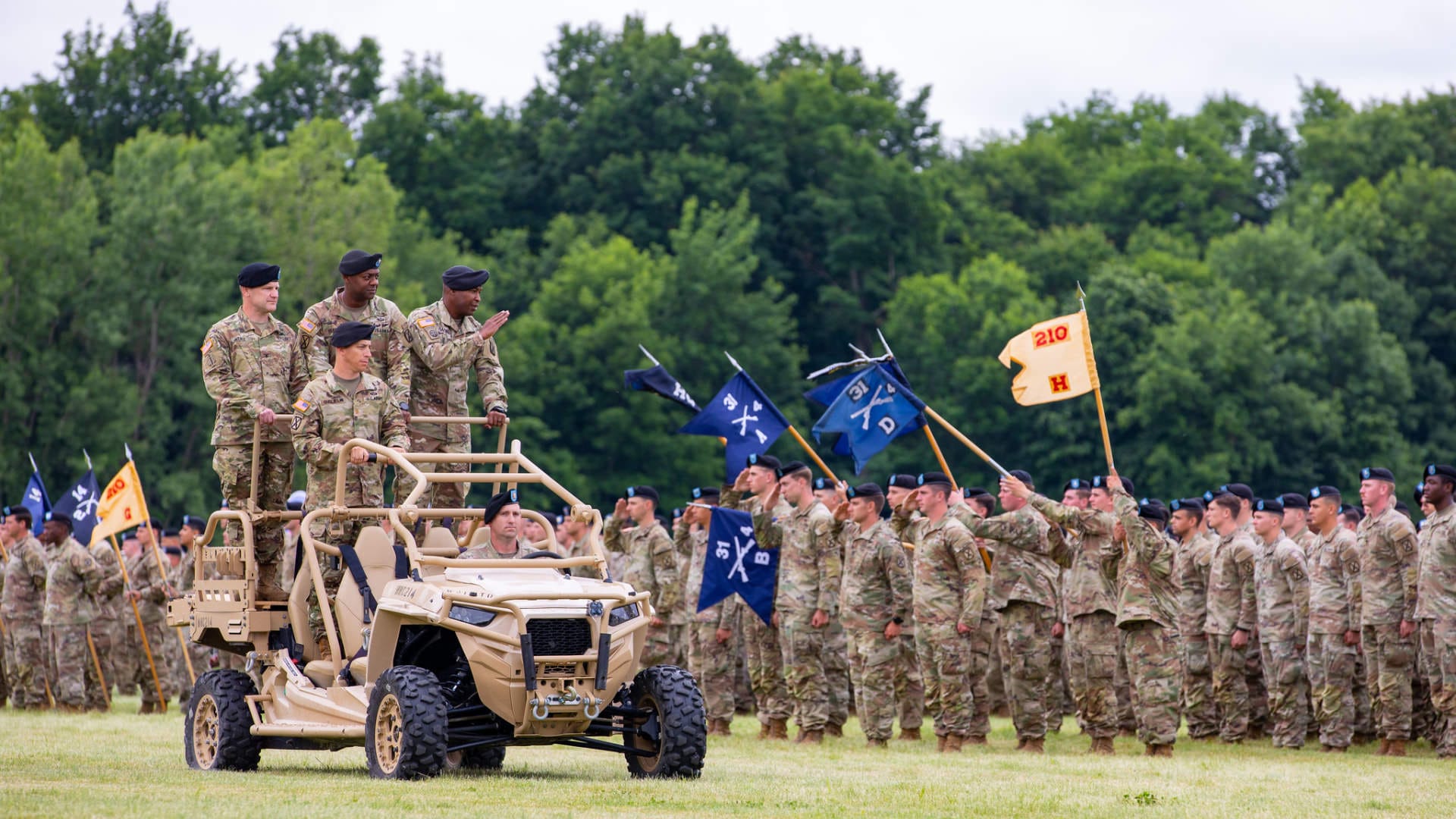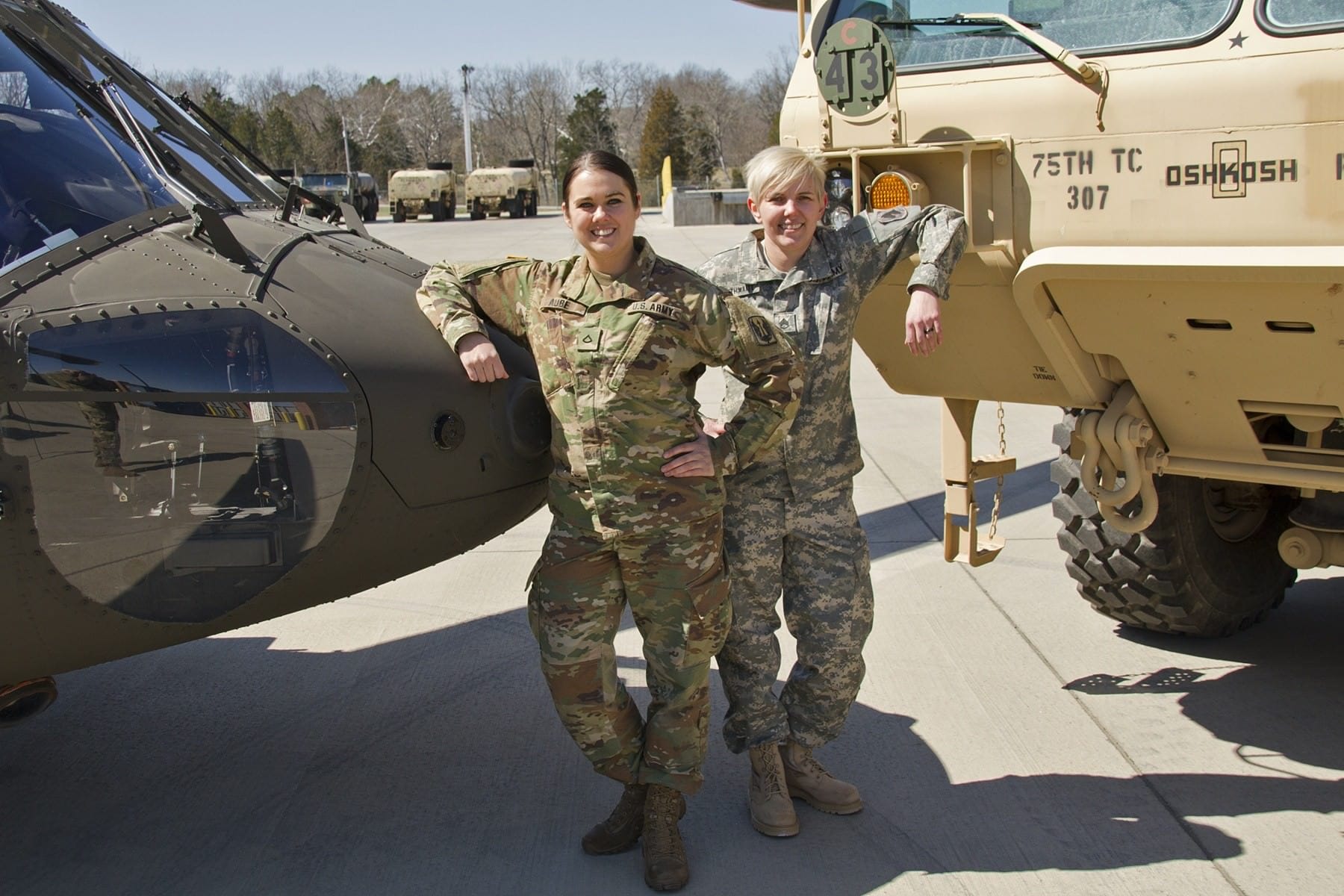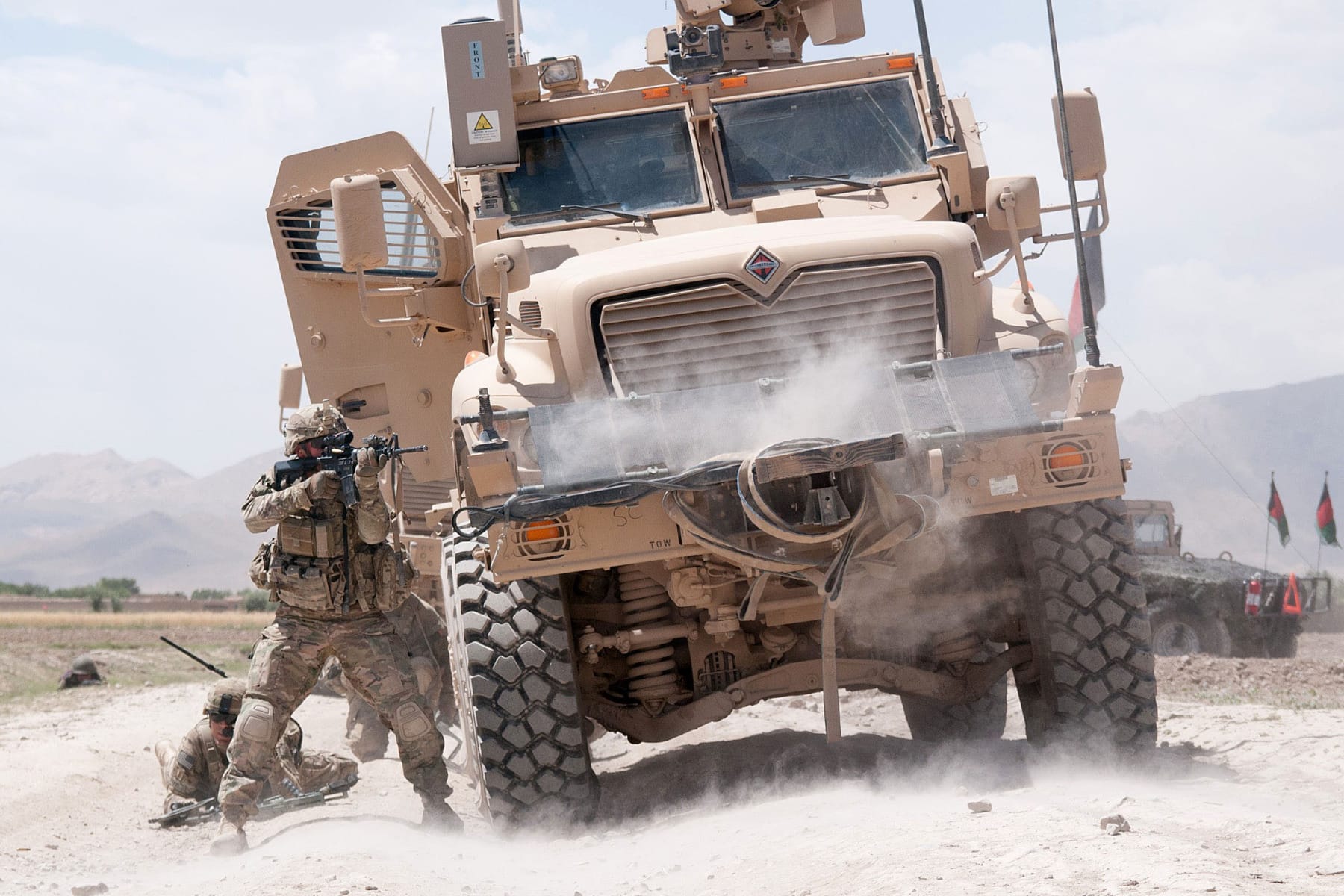Veterans vs. Combat Veterans
Combat Veterans are Veterans. However, not all Veterans are Combat Veterans.

For those who don't know, "Veteran" and "Combat Veteran" refer to distinct categories based on military service and experiences. Here are the differences:
Veteran
A Veteran has served in the military, typically for a significant period, and completed their military service under conditions other than dishonorable.

This term encompasses a wide range of military service, including those who served in combat and support roles or even non-combat roles. Essentially, any person who has completed their service commitment and received a discharge under honorable conditions is considered a Veteran.
Combat Veteran
A Combat Veteran specifically refers to a person deployed to a designated combat zone during their military service.
This designation is for individuals directly engaged in ground combat or hostile fire and other conditions inherent to combat situations.

Combat Veterans often receive additional recognition or benefits due to the nature of their service in combat zones.
Who is considered a Combat Veteran?
In the United States military context, a Combat Veteran served in a designated combat zone during their military service.
Here are some critical criteria and considerations:
Deployment to Combat Zones:
A Combat Veteran operated in an area designated as a combat zone by the Department of Defense (DoD).
These combat zones are typically areas where the military is engaged in active combat operations or where troops experience a significant risk of hostile action.
Direct Participation in Combat:
Combat Veterans are individuals who have directly engaged in ground combat, faced hostile fire, or performed duties under circumstances involving direct exposure to hostile action and imminent danger.
Specific Campaigns and Operations:
The U.S. Government designates specific military campaigns and operations as qualifying for Combat Veteran status. Veterans who participated in these operations are Combat Veterans.
Some examples include Operation Iraqi Freedom, Operation Enduring Freedom, Operation Desert Storm, the Vietnam War, the Korean War, and World War II.
Recognition and Benefits:
Combat Veterans may be eligible for certain benefits and recognition, such as combat-related disability compensation, unique healthcare options through the VA (Veterans Affairs), and preference for specific employment opportunities.
Service in Support Roles:
Not all Combat Veterans are infantry or directly engaged in combat roles. Personnel in support roles (e.g., medics, logistics, aviation support) who served in combat zones and experienced the risks of hostile action may also be considered Combat Veterans.
A Combat Veteran has served in a designated combat zone during a recognized conflict or war, directly participated in combat operations, or served in support roles under significant risk of hostile action. This designation carries specific meaning regarding military service recognition and eligibility for certain benefits.
Summary
All Combat Veterans are Veterans, but not all Veterans are Combat Veterans. The distinction lies in whether the individual has served in combat zones or engaged in direct combat operations during their military career. These terms don't take away from their military service or military accomplishments.
Thank you for sacrificing so much for our Country! You are all heroes! 🇺🇸🍻

Subscriber Discussion comments above are from subscribers to our blog.
Forum Discussion
The Forum Discussion comments above come from the official discussion topic for this entry.